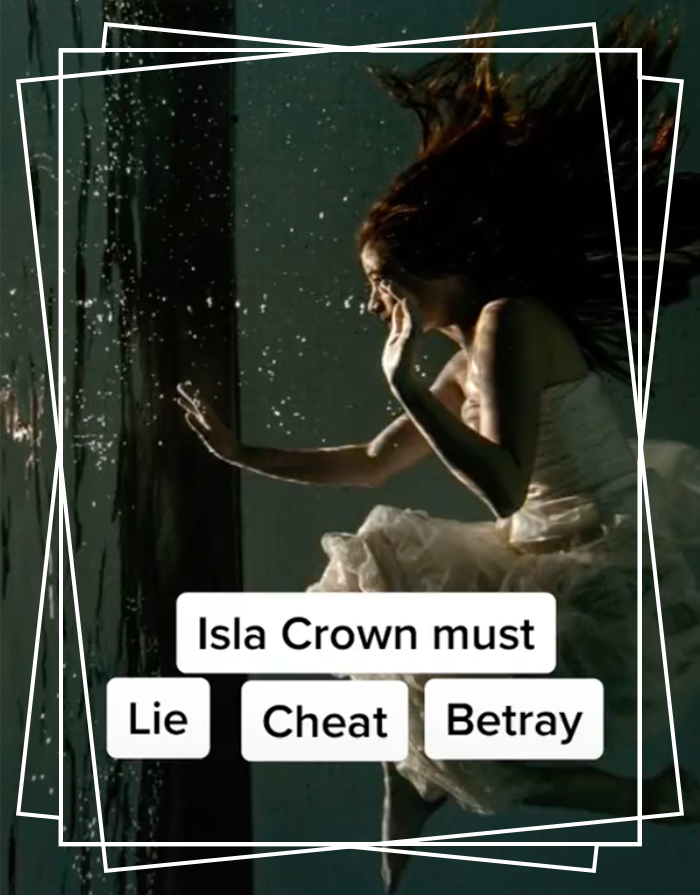
This is an excerpt from Please Like Me, BuzzFeed News’ newsletter about influencers and internet culture. You can sign up here. In our column, Niche Drama, we discuss online community micro dramas.
Alex Aster, the latest author to reap the fortunes of TikTok success, briefly united BookTok in skepticism when users questioned whether the book (and Aster’s own personal life) are as juicy as advertised.
The 27-year-old made her debut as an author in 2020 with a middle-grade novel called Curse of the Night Witch. She went viral on BookTok in March 2021 with a pitch for a YA novel called Lightlark.
“Would you read a book about a cursed island that only appears once every 100 years to host a game that gives the six rules of the realm a chance to break their curses,” she said in the post. “To survive, Isla Crown must lie, cheat, and betray — even as love complicates everything.”

Hollywood said yes, and before the book’s initial release in July 2022, Aster announced in another viral TikTok that Universal bought the rights to make Lightlark into a movie. It scored Aster a payout that she described as “more zeros than I’ve seen in my life.”
After “hundreds of rejections” over a decade, Aster positioned the publication of Lightlark as a story of resilience, and shared TikToks about how her first agent dropped her because she wouldn’t give up on the story and how an ex printed a first draft of her book to make fun of it. Now, her posts celebrate her accomplishments, with captions like “I have the No. 1 book at Barnes & Noble, I’m a full-time author in NYC in my 20s, and today I went to a coffee shop, bought flowers at the farmers market, and went to a famous bookstore to visit my books.”
With every success Aster shared, the people of BookTok began to question if she had been downplaying her privilege in favor of dramatizing her success story, and surmised that she might be an “industry plant.” Eventually, there were so many negative posts about Aster that discourse shifted to whether BookTok has a toxicity problem.
As @thecalvinbooks explained in a TikTok, Aster has never claimed that she’s living a “rags to riches” story — just that she has frequently been rejected. According to Forbes, Aster’s twin sister Daniella Pierson is one of the “richest self-made women in the U.S.,” but Aster has openly posted about her. She has also personally shared that her parents own a car dealership and she saved money by living with them after graduating from the University of Pennsylvania with no student debt. At its core, BookTok exists to reward certain authors and books for their virality, and Aster’s greatest successes followed her social media stardom.
Aster was also called out because the “spicy” scenes in her book she hyped up on TikTok didn’t make the final copy, and though the author said it was a result of routine editing, people felt misled. Some called it false advertising, and others called it advertising in the BookTok era.
Lightlark came out on Aug. 23 to abysmal Goodreads ratings, but that’s not unusual for an internet-famous book in the era of review-bombing. Reviews from major outlets suggest the book is formulaic but enjoyable, while social media reviewers noted the dry writing style and lack of representation. Whether the book community ultimately decides Aster received undue hate, the book is now a New York Times bestseller primed for a fresh wave of discourse when the movie comes out.
